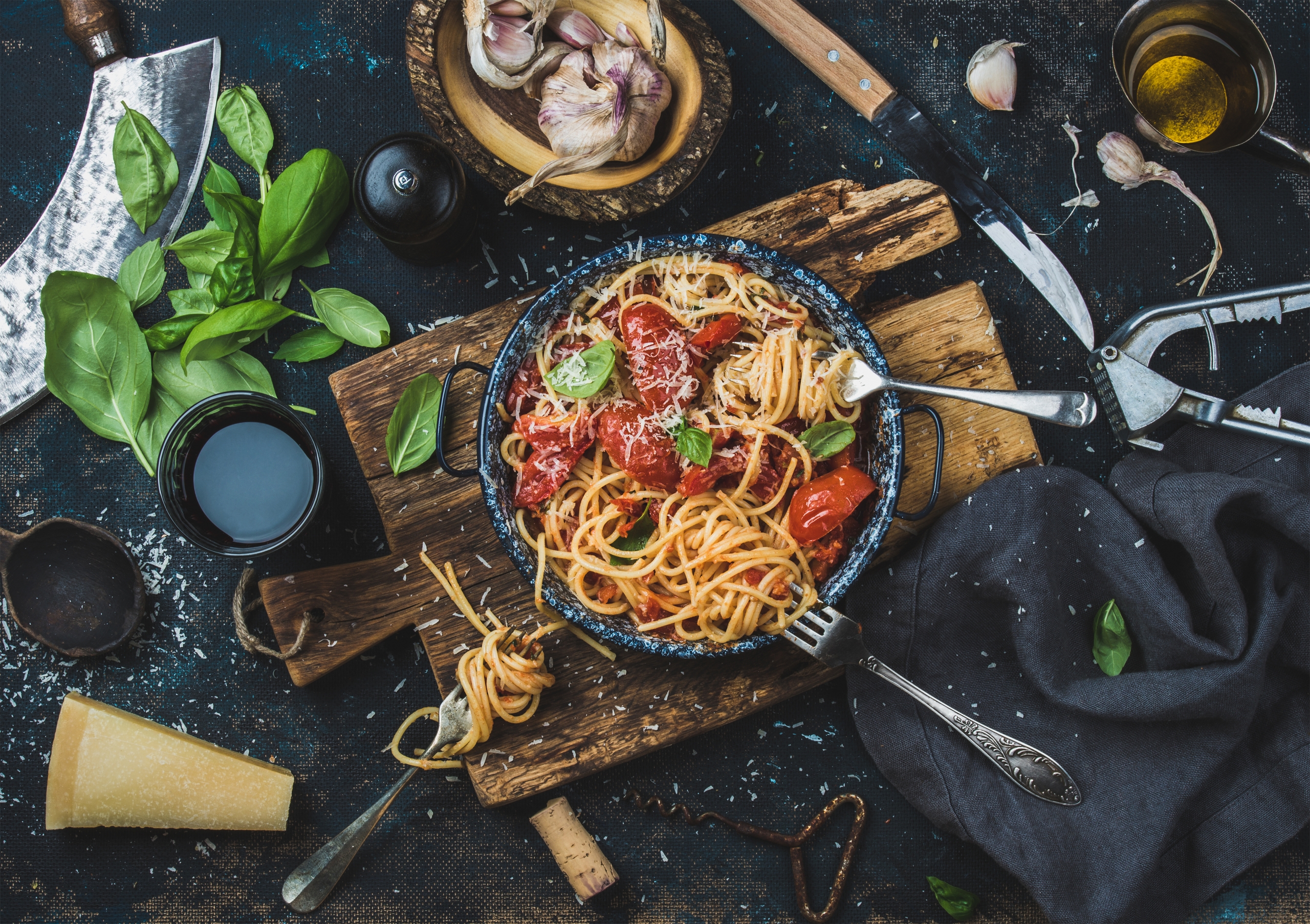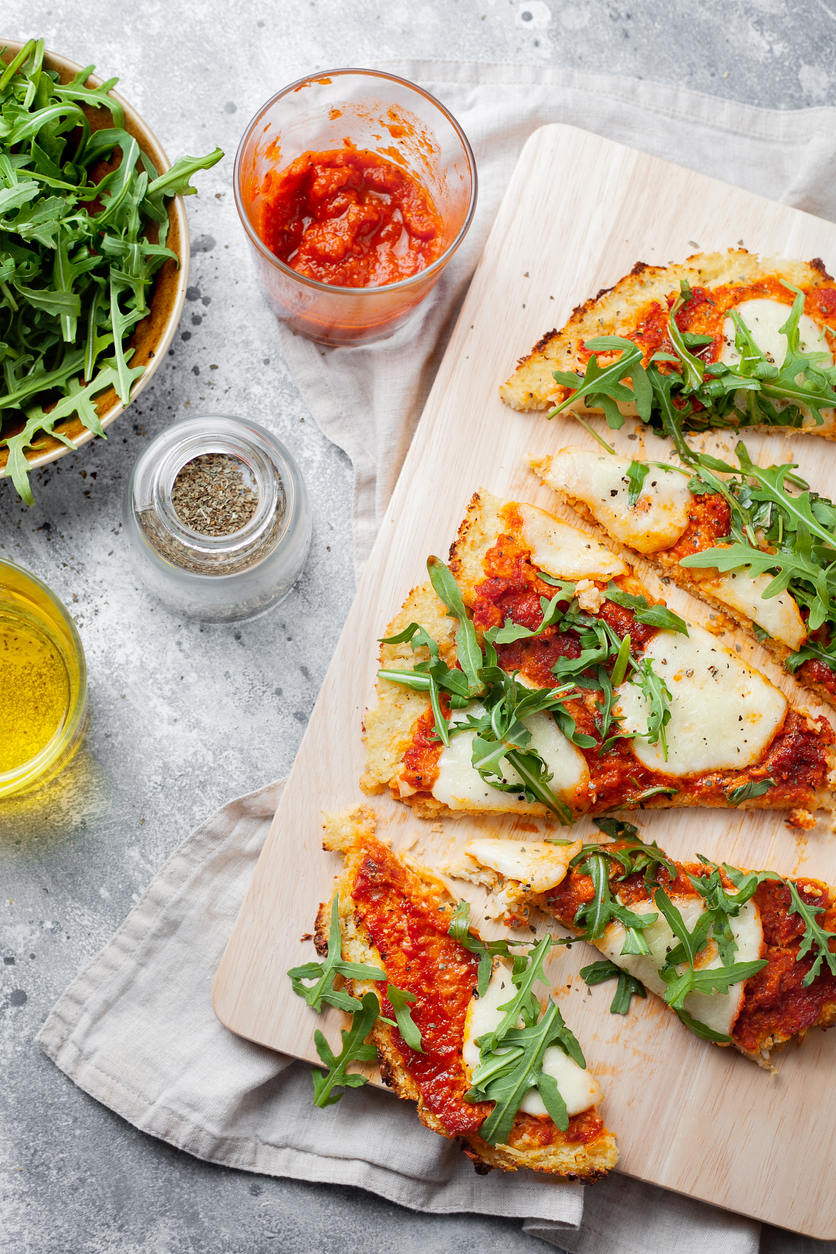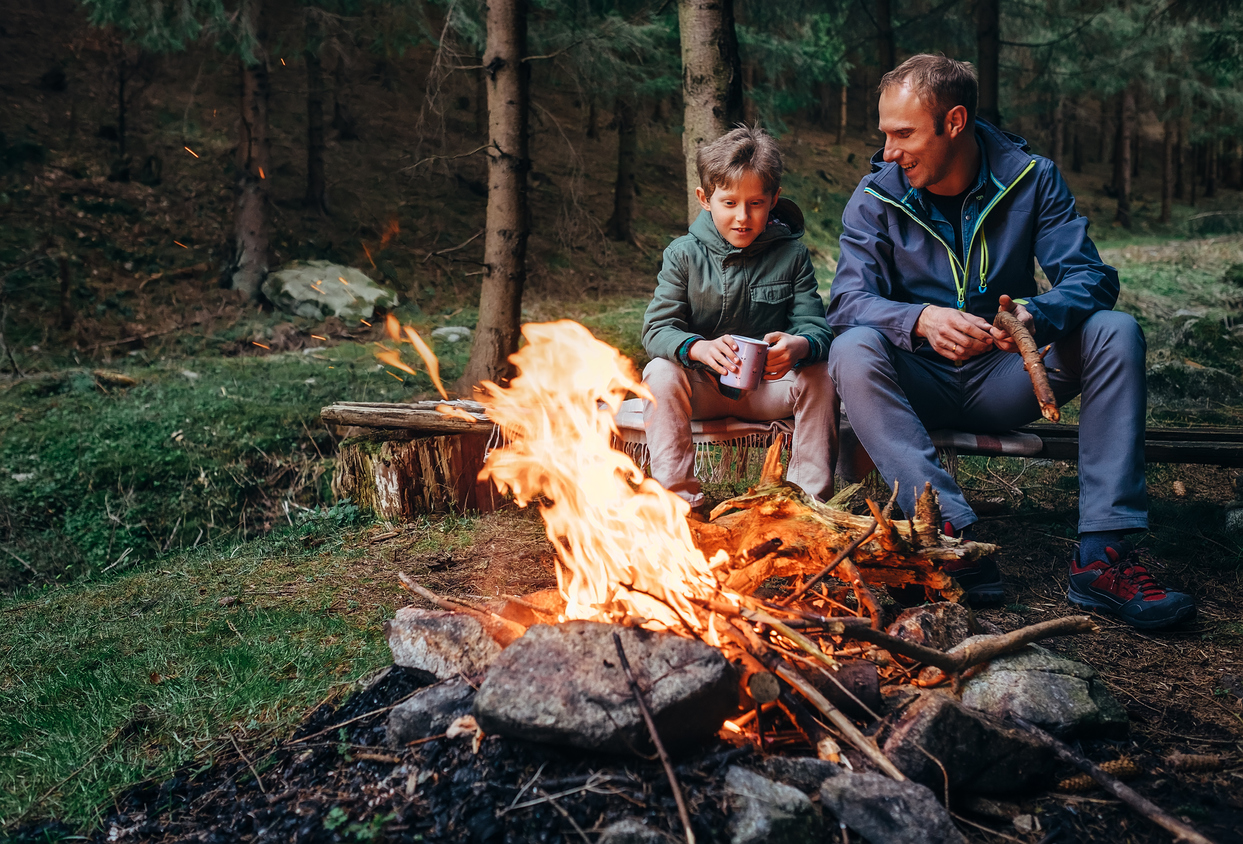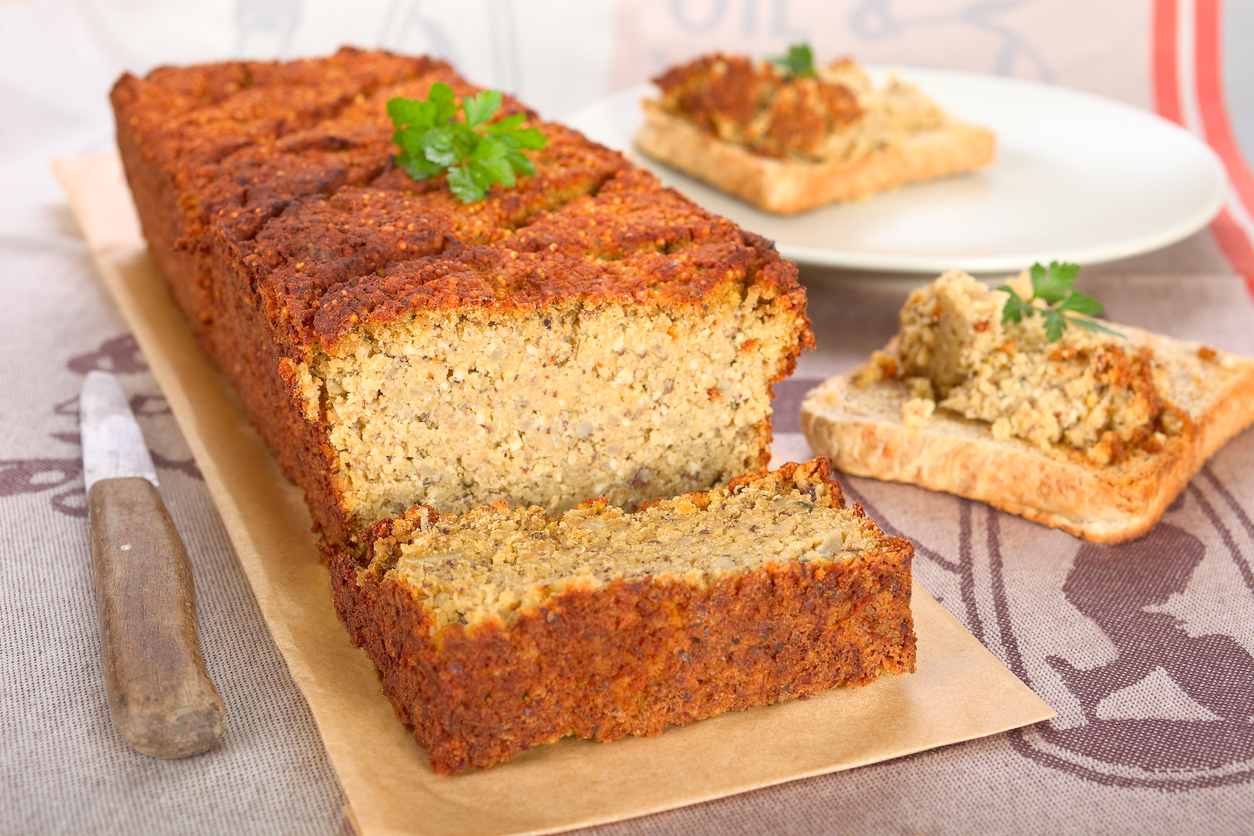
Duck Ragu
By Nicole Fetterly, RD
Although not as commonly eaten as chicken here in North America, duck is a very healthy protein to choose. Although the skin is known to be very fatty, overall duck has a better fat profile than many other animal foods, with high levels of unsaturated fats, including omega 6. Removing the skin before eating is a great way to keep your overall fat intake, especially saturated fat, within recommended limits. This recipe is incredibly delicious and can be made well in advance to simmer slowly on the stove top on an autumn afternoon.
Serves 4
2 Tbsp olive oil
2 duck legs and 2 duck breasts, washed and dried
1 tsp salt
1 medium onion, diced
2 carrots, diced
2 stalks celery, diced
4 cloves garlic, minced
2 Tbsp fresh rosemary, minced
1 can (796 mL) tomatoes
½ cup red wine
1 can (125 mL) tomato paste
Preheat oven to 350F. Grease a roasting pan lightly with olive oil then place duck parts skin side down. Sprinkle with salt and drizzle with a little more olive oil. Roast in oven for 20 minutes, then flip once and continue roasting approximately 10 more minutes until an internal temperature of 74C is reached. Remove from oven and let cool.
Meanwhile, in a large, heavy-bottomed pot, heat 1 Tbsp oil on medium low. Add onion, carrot, celery and garlic and cook, stirring often, until softened, approximately 10 minutes. Add tomatoes and rosemary and cook for 30 minutes, stirring occasionally. Add red wine and tomato paste.
Once the duck is cool enough to handle, remove the skin (this can be chopped finely and mixed in with cat or dog food in small amounts as a special treat) and bones. The fat in the pan can also be saved to cook potatoes in, just keep it refrigerated. Shred the meat then add to the ragu. Simmer on low for one to four hours then serve over noodles with a side of green beans or salad.




